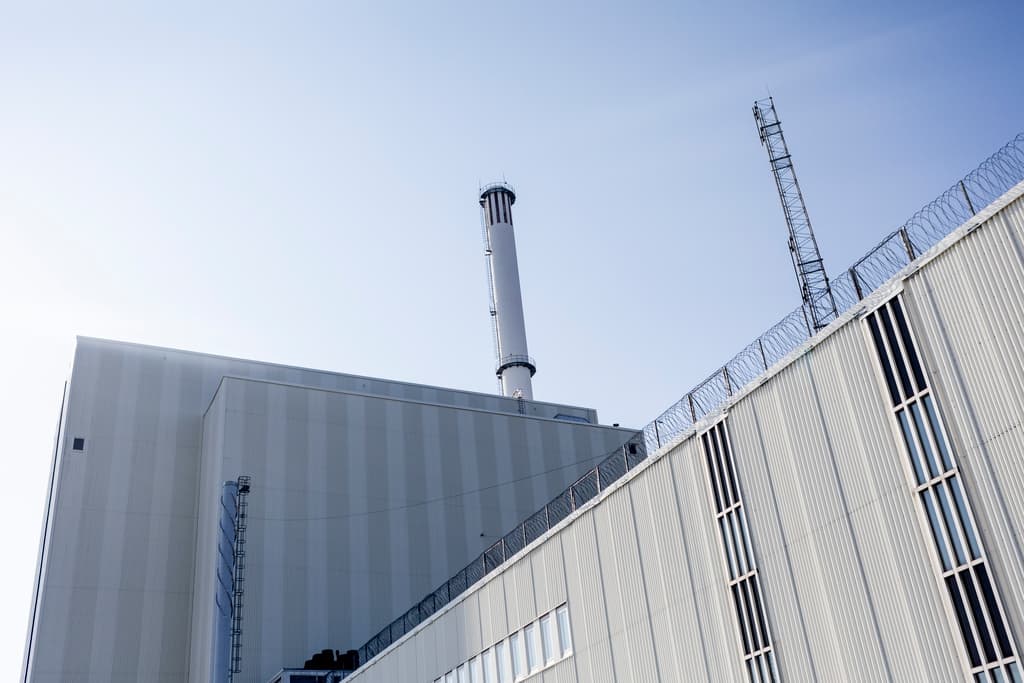This type of investment always becomes more expensive than expected. To counteract this, it is important to have some kind of bidding competition and not just assign the task to a predetermined company, he says.
Mats Nilsson, electricity market analyst and lecturer in environmental economics at Södertörn University, says that the proposal seems well-worked out.
At first glance, I think it looks quite generous and should attract investors. They have considered both the construction risk and the fact that it takes a long time to build new nuclear power.
"Minimize risk"
The investigator Mats Dillén presented a proposal that also includes a risk- and profit-sharing mechanism, which means that if the nuclear power company does well, it will get worse terms from the state, and vice versa.
This shows that they have tried to minimize the risk that we – and by that I mean taxpayers – will just keep pumping in money while the companies are doing extremely well, says Mats Nilsson.
Thomas Tangerås works at IFN, the Research Institute of Industrial Economics, and researches electricity markets. He believes that the presented profit-sharing mechanism is still very abstract.
A situation may arise where companies make very high profits because they operate very efficiently at low costs. They may then be punished for this by having to pay a higher interest rate on their state loans. There is an inherent conflict between desired cost-effectiveness and companies not making excessive profits.
More expensive in the beginning
Tangerås further says that he was surprised that investigator Mats Dillén could already present such specific and detailed figures.
Among other things, they propose a price guarantee agreement. This means that the nuclear power company will be given a predetermined price for the electricity over 40 years at 80 öre per kilowatt-hour. The state will also lend 75 percent of the construction cost, while 25 percent will be equity capital.
There is also a risk that these costs will be hidden in the state budget and that it will not be transparent what you are actually paying for the investment. So in that sense, it would be better if it were financed through the electricity bill.
Mats Nilsson says that you have to expect the project to be expensive in the beginning, but cheaper as more reactors are built.
The first reactor will unfortunately be expensive, since we haven't built one in Sweden for so long. I don't know if they have taken that into account, that the first company to build will bear the pilot project risk, he says.
Advertisement






